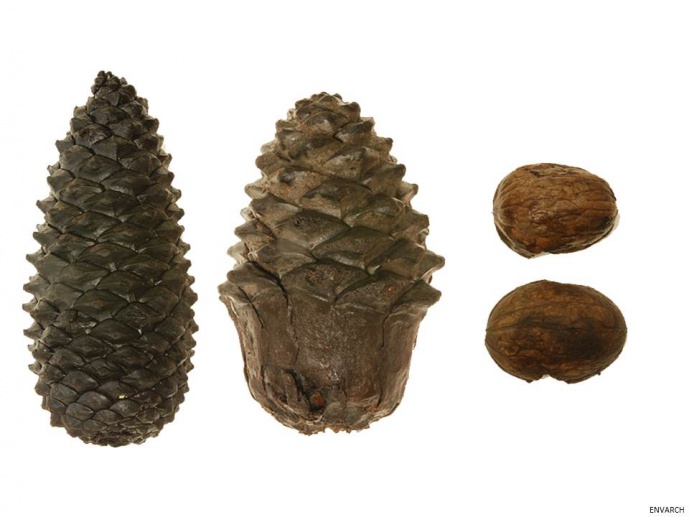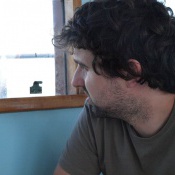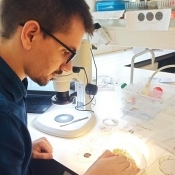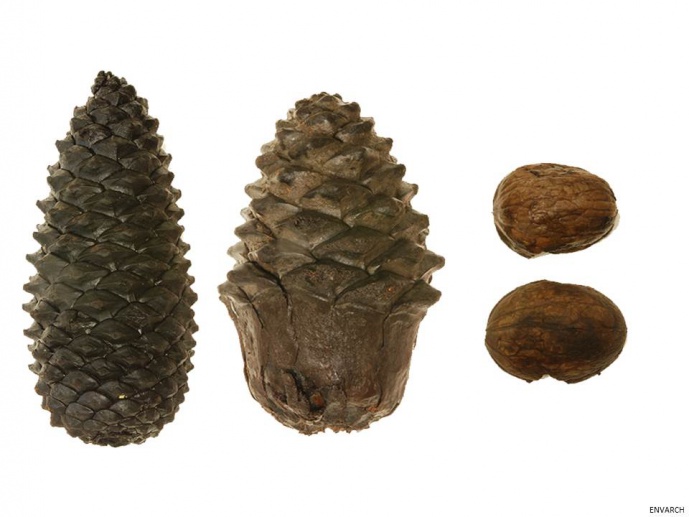Waterlogged wood, fruits and seeds from the healing spa of the Roman city Aquae Flaviae (Chaves, Portugal)
The archaeobotanical study was carried out by CIBIO-InBIO for the company Arqueologia e Património (http://www.arqueologiaepatrimonio.pt/) as a developer-funded project, in the scope of the project "Estudos Específicos de Fundamentação Histórica do programa estratégico Chaves Monumental e Valorização e Promoção dos Valores Culturais e Patrimoniais” promoted by Câmara Municipal de Chaves and coordinated by Sérgio Carneiro.
The sealing of the structures of a Roman healing spa in Chaves (ancient city of Aquae Flaviae) caused by the collapse of the building’s roof system in late 4th century AD, combined with the flowing of natural hot water spring made possible the preservation by waterlogging of thousands of plants remains.
The waterlogged material studied included several types of archaeobotanical remains: timber used for construction, wooden objects (combs, bowls and containers, corks, etc.) and macro carpological remains (seeds, fruits, pine cones, etc.).
The study of the wood assemblage was focused firstly on the identification of the material selected for woodworking and also on providing answers regarding the technical and technological features used in manufacturing these items.
A selection of species for specific purposes was clearly identified both in timber pieces and in several types of objects as well as the carving of specific features in these pieces according to its function. Active management of wood resources could also be inferred. Furthermore, relevant information was gathered concerning the presence of Pinus pinea, Castanea sativa, Buxus sempervirens and several species of the Prunus genus, which show great importance on a regional or supra regional levels. The first presence of cypress tree (Cupressus sempervirens) during Roman times in western Iberia was also identified.



